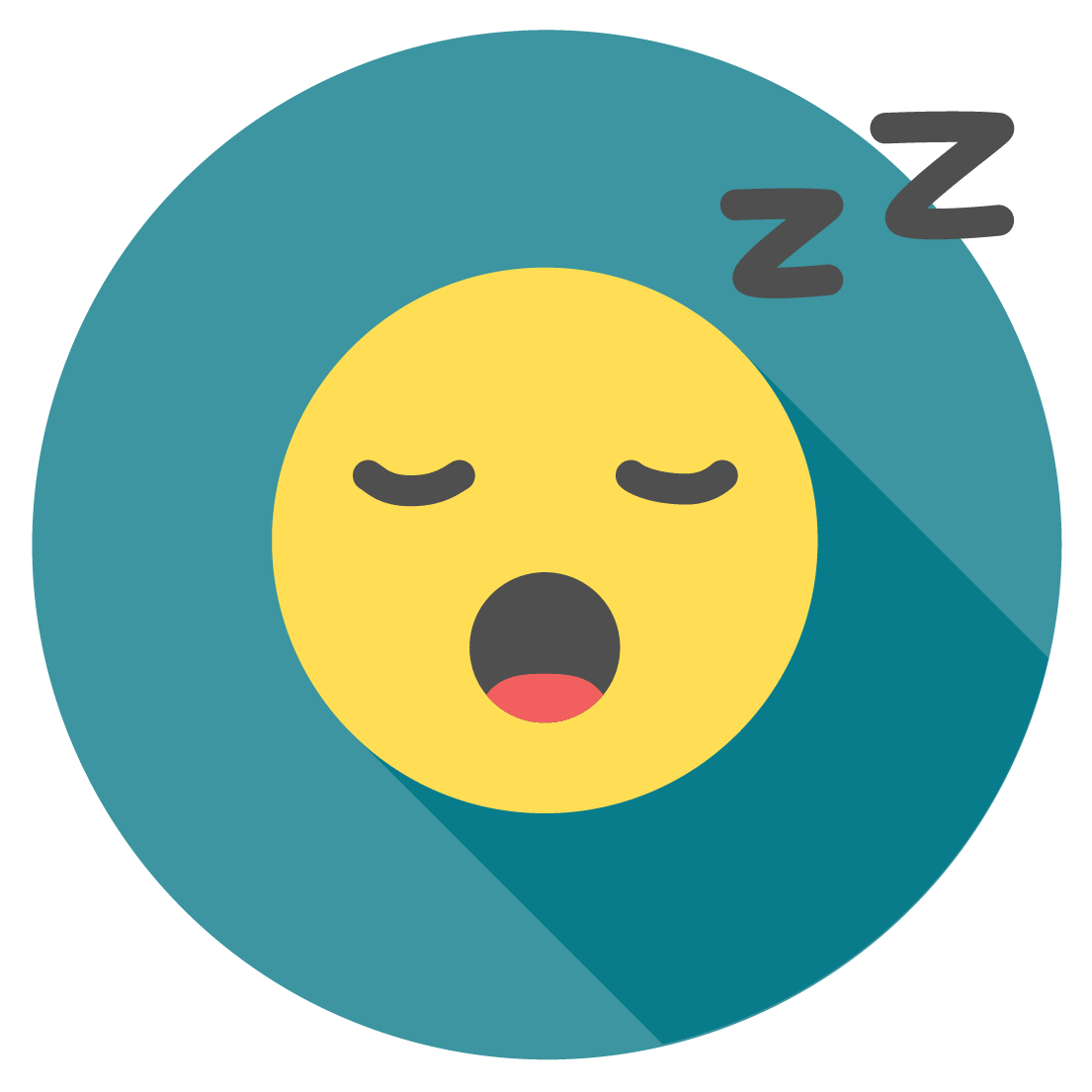

SleepCoacher is an automated system to help you achieve that by monitoring your sleep behaviors, guiding you towards better sleep quality through self-experiments that happen while you sleep. It's based on research conducted by Brown University.


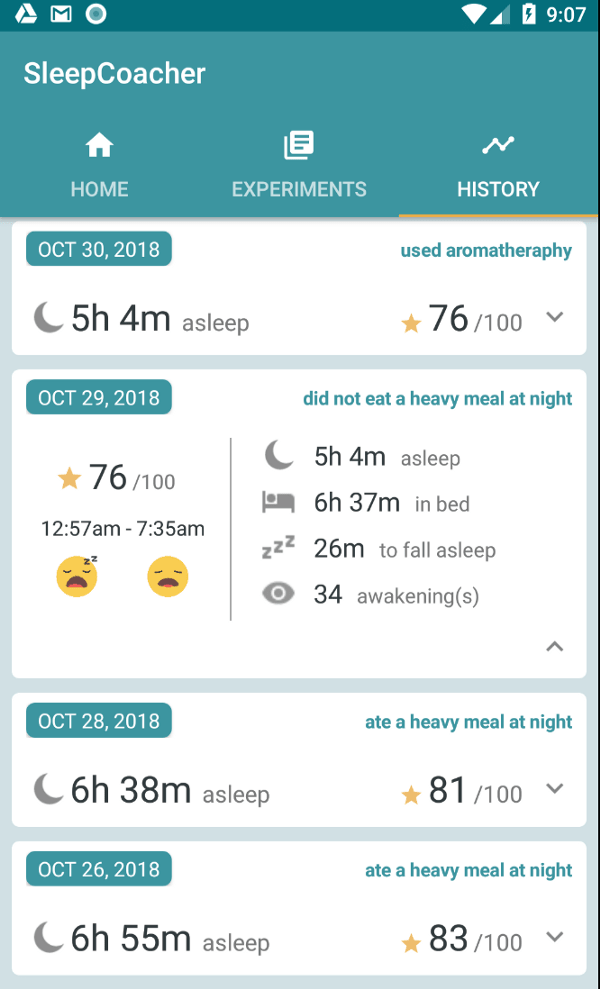
Some people need more sleep than others, some are night owls while others are early birds, and some are more sensitive to noise. To know how to sleep better, you need to know more about yourself.
SleepCoacher was designed to be your own personal sleep coach: it shows you a list of sleep expert-approved suggestions that you can incorporate into your life and see if they help you sleep better.
When you put your phone on the bed, the app monitors movement and noise while you sleep. When you wake up, it sends your sleep data to a system that reviews your sleep history, and learns how your behavior and sleep quality are related.
Since everyone responds to changes differently, SleepCoacher observes the outcomes of behavioral changes, and tells you what works best for you specifically. After a few nights of tracking your sleep and following the instructions of what to do, SleepCoacher lets you know which condition is more likely to help you sleep better (e.g. there is an 83% likelihood that wearing roomier PJs is helping you fall asleep faster).
The results are updated continuously so the more you sleep, the more confident SleepCoacher can be.
To learn what behaviors affect your sleep quality, a week is not enough. Even a month can only tell you one or two things about your habits.
SleepCoacher will run for 10 years, so you as a user can optimize your sleep behaviors over a long series of mini-experiments. Start and stop each self-experiment whenever you please.

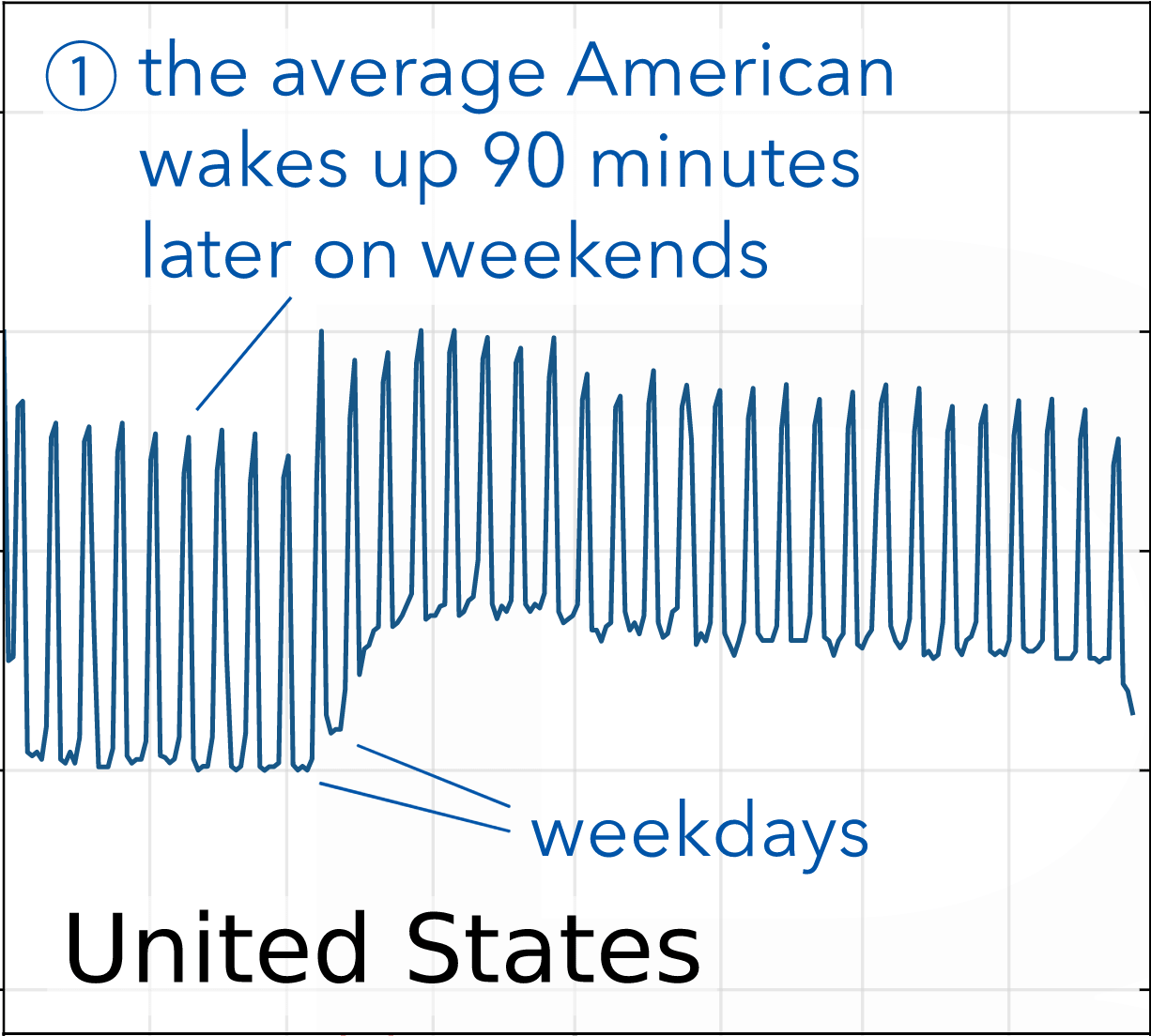
The Coronavirus Pandemic has Changed Our Sleep: Analysis of sleep records from 100,000 people
Jeff Huang, Liyaan Maskati, Nediyana Daskalova. 2020.

SleepBandits: Guided Flexible Self-Experiments for Sleep
Nediyana Daskalova, Jina Yoon, Yibing Wang, Cintia Araujo, Guillermo Beltran, Nicole Nugent, John McGeary, Joseph Jay Williams, Jeff Huang. SleepBandits: Guided Flexible Self-Experiments for Sleep. CHI 2020.
Video below summarizes our paper and its findings, but the paper contains more details.
HeyPillow: Computationally Guided Sleep Behavior Study through Sensing (Video)
Nediyana Daskalova, Jiaju Ma, Tiffany Chen, Valerie Nguon, Jing Qian, Chonghui Chen, Jeff Huang. WISH@CHI Poster 2019.
SleepCoacher: how to complete your 2019 resolution to sleep better, one self-experiment at a time
Brown HCI Group. 2019.
Smart Pillow Talks to Users, Improves Sleep
Cate Ryan, Brown Daily Herald. 2018.
Comparing 10 Sleep Trackers. How well do they track your sleep? A 9-day minute-by-minute comparison
Jina Yoon. 2017.

SleepCoacher: A Personalized Automated Self-Experimentation System for Sleep Recommendations
Nediyana Daskalova, Danaë Metaxa-Kakavouli, Adrienne Tran, Nicole Nugent, Julie Boergers, John McGeary, Jeff Huang. UIST 2016.
Video below summarizes our paper and its findings, but the paper contains more details.
The source code for the system from the SleepCoacher 2016 UIST paper is available, along with documentation about how to set it up. The software for the smartphone app and new statistical engine will be released soon on this page.
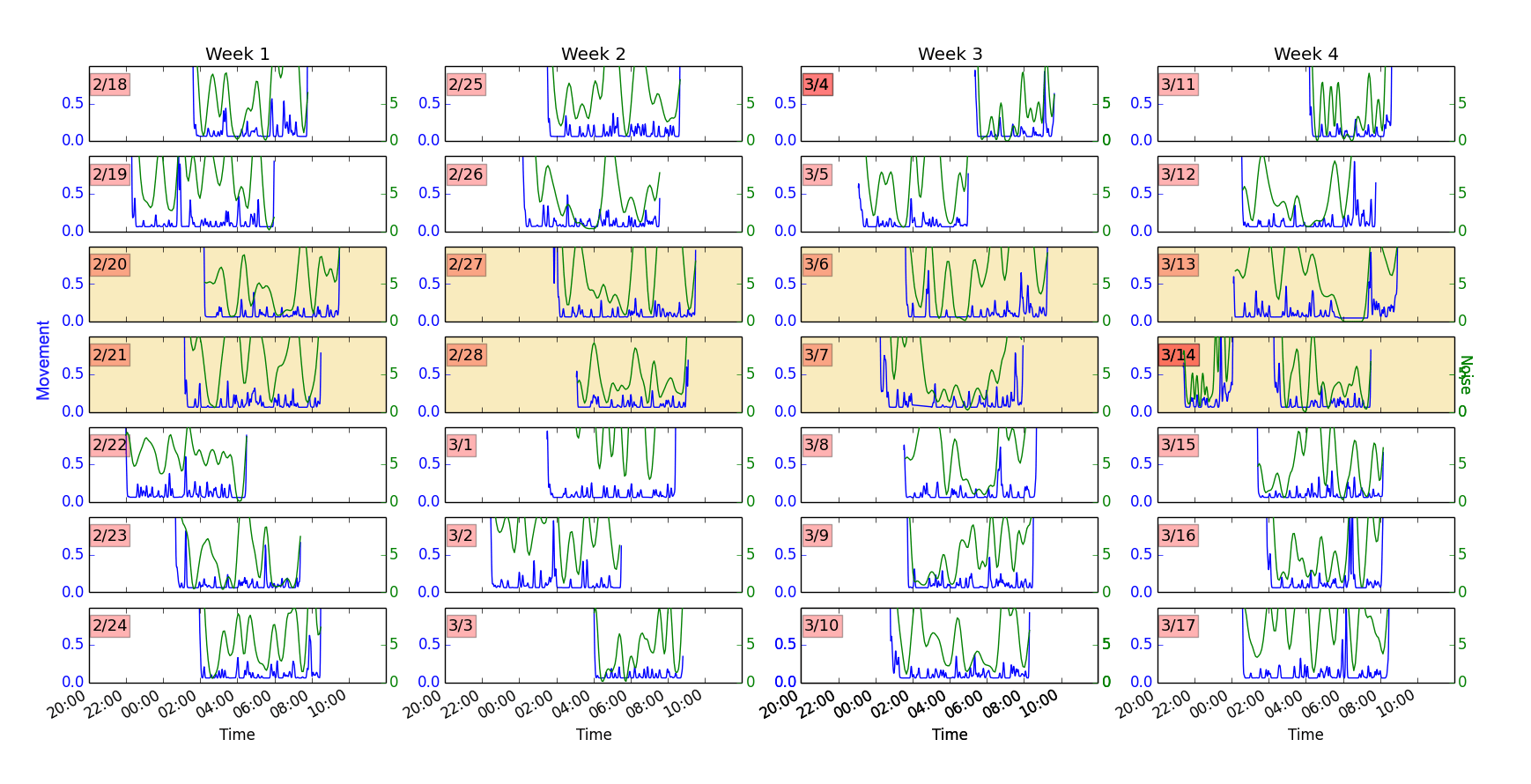
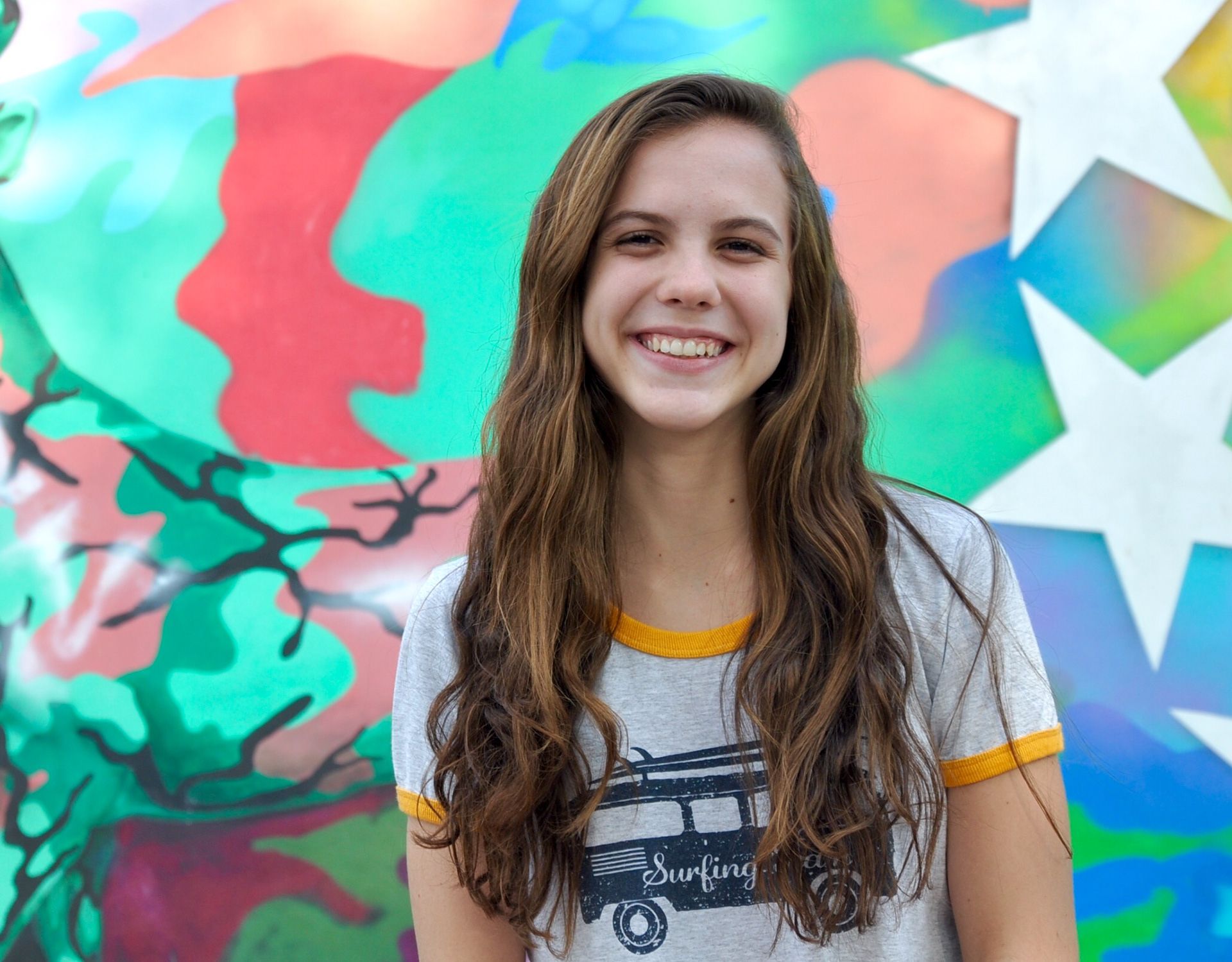
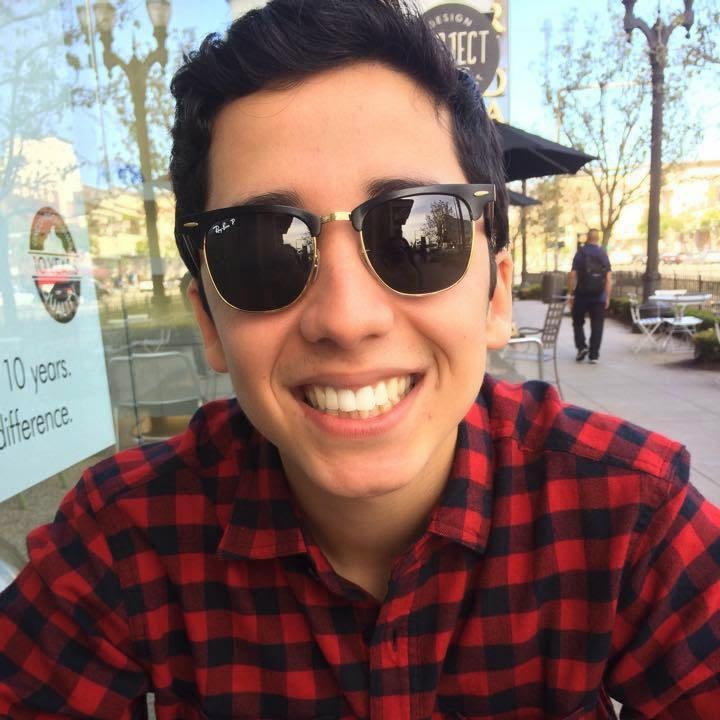
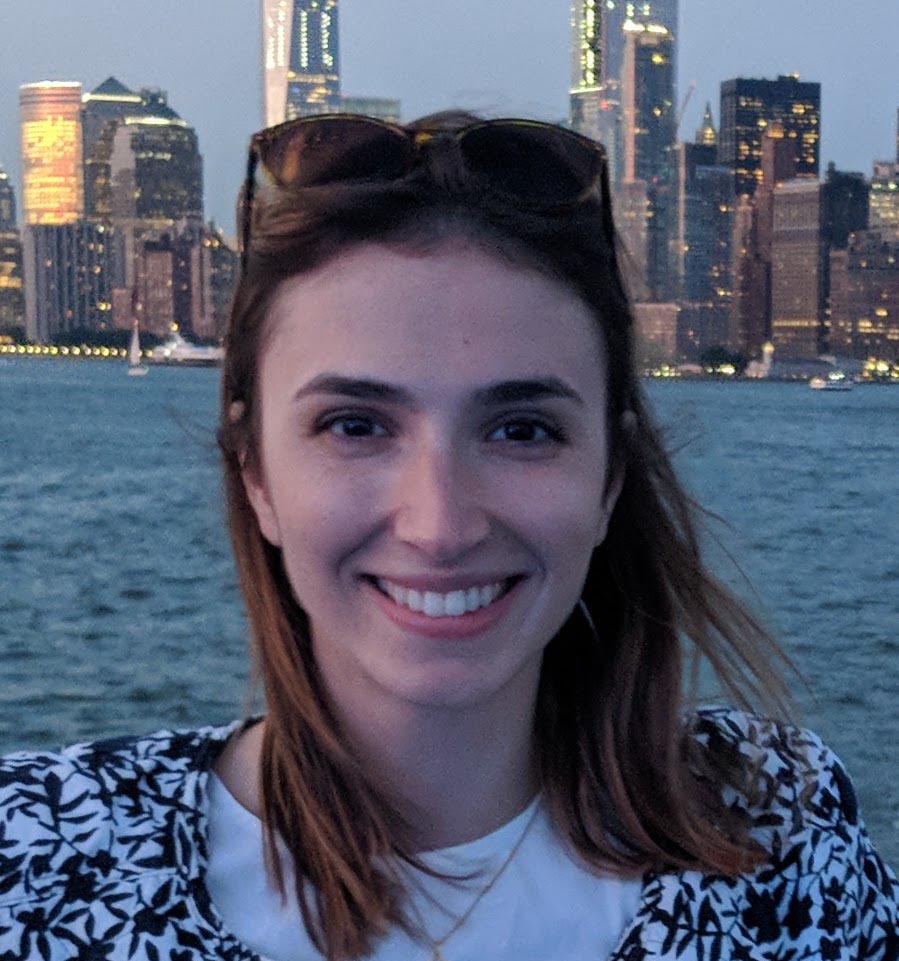


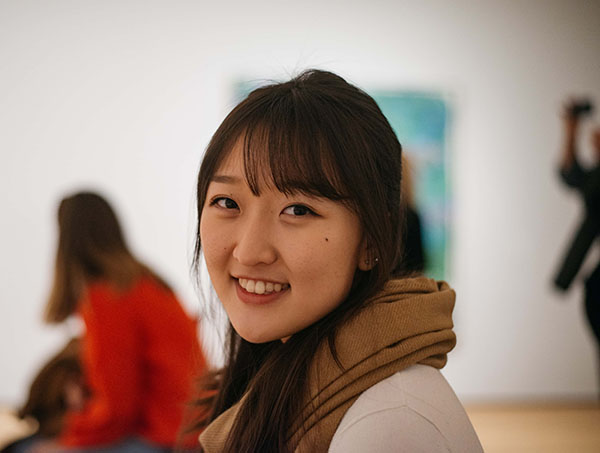
This research is in collaboration with clinicians and researchers at Rhode Island Hospital and the Providence VA Medical Center
Funded by the Brown University Seed Award, National Science Foundation IIS-1656763, the Brown University Data Science Institute, and NIH R01 MH124832-01